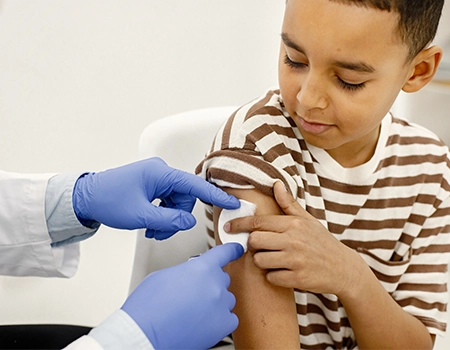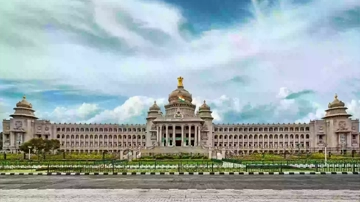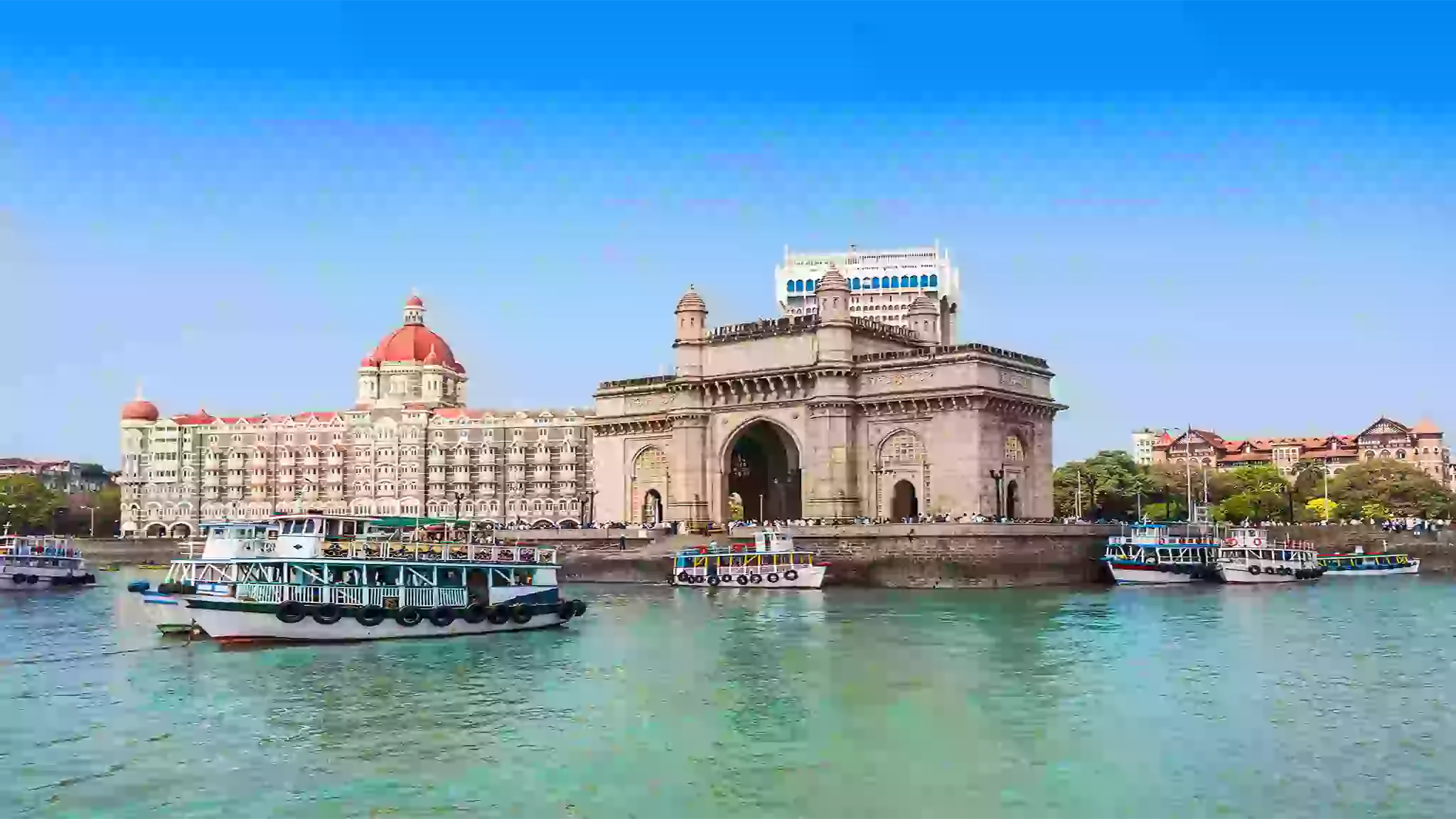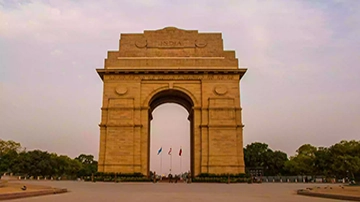For international patients [24*7]
For international patients [24*7]
Pediatric heart surgery in India
Traveling to India for neurosurgery made easy
- Get treated by world-class pediatric heart surgeons
- Benefit from the all-inclusive treatment packages
- Hassle-free appointments and complete guidance
- Make effective decisions by comparing alternatives
Pediatric heart surgery
Patients worldwide choose India for pediatric heart surgeries due to its cost-effectiveness, advanced technologies, and reduced waiting times. From complex procedures like congenital heart defect repairs to pediatric heart transplantations, India offers a range of advanced treatments. We assist these patients in selecting the most suitable pediatric heart surgeon, obtaining accurate cost estimates, ensuring prompt appointments, and providing comprehensive information to help them make well-informed decisions about their medical travel. Whether it’s robotic-assisted procedures, complex interventions, or congenital heart anomaly corrections, we facilitate a seamless experience for patients seeking pediatric heart surgeries in India.
Pediatric heart conditions
Infants/children with congenital heart abnormalities benefit from pediatric heart procedures that improve heart function and overall quality of life while offering life-saving interventions and treatments.
- Ventricular septal defect (VSD) – As a result of a hole in the septum, which divides the two lower chambers of the heart (ventricles), this condition caused by blood can disturb the usual flow of oxygenated and deoxygenated blood if it passes through this hole and flows between the ventricles, which can have several consequences.
- Hypoplastic Left Heart Syndrome (HLHS) – The left half of the heart is underdeveloped in people with Hypoplastic Left Heart Syndrome (HLHS), a severe congenital cardiac abnormality. This indicates a smaller or less developed left ventricle, aorta, and other corresponding tissues. As a result, the heart has difficulty delivering enough blood that is oxygenated to the body.
- Transposition of the Great Arteries (TGA) – TGA is a disorder in which the pulmonary artery and aorta, the two major arteries exiting the heart, are swapped. TGA impairs blood’s natural flow, which reduces the body’s ability to get enough oxygen.
- Truncus Arteriosus – Truncus arteriosus is a rare congenital heart abnormality in which the pulmonary artery and aorta fail to split during development, leaving only one big channel that carries both oxygenated and deoxygenated blood.
- Total Anomalous Pulmonary Venous Connection (TAPVC) – The pulmonary veins, which typically bring oxygen-rich blood from the lungs back to the heart, are connected wrongly in this condition. The pulmonary veins attach to various parts of the heart or even adjacent blood arteries instead of attaching to the left atrium. Due to the irregular blood flow that results, the body may receive less oxygen.
- Tetralogy of Fallot (TOF)– It is a serious heart condition when four distinct problems coexist. In TOF, the heart has a ventricular septal defect (a hole between the lower chambers), thicker muscle in the right lower chamber, an overriding aorta (a blood vessel carrying blood to the body), and pulmonary stenosis (a constricted valve that regulates blood flow to the lungs). Consequently, a mixture of oxygenated and deoxygenated blood results from this alteration to the heart’s regular blood flow.


Common diagnostic tests
A pediatric surgeon diagnoses the injury through a medical evaluation to confirm the need for surgery.
- Imaging Tests – X-rays, Ultrasound, CT Scans, and MRIs to aid surgical planning and intraoperative guidance by providing a visual representation of the anatomy surrounding the heart and its structure, function, and blood flow.
- Blood Tests – Pediatric blood tests can reveal important details about their general health, anemia status, infection risk, clotting profile, and organ function.
detect any abnormalities. It provides vital details for surgical planning and supervision throughout pediatric surgery.
Genetic testing – To Identify any genetic disorders or anomalies linked to particular pediatric surgical diseases that may be carried out. This enables the parents to make well-informed decisions regarding personalized surgery care.
- Physical Examination – The pediatric surgeon conducts a thorough physical examination to evaluate the child’s general health and spot any issues particular to the condition necessitating surgery. This ensures precise surgery planning by thoroughly evaluating the child’s physical state.
Common pediatric heart surgeries
Atrial septal defect (ASD) repair, ventricular septal defect (VSD) repair, and coarctation of the aorta repair, among other operations, are common pediatric heart surgeries that aim to treat structural problems and enhance heart function in young patients.
- VSD closure – During the procedure, the surgeon makes an incision, usually in the chest, to access the heart and closes the VSD with patches or sutures. This surgery enhances heart function and prevents VSD-related complications by enabling the proper separation of oxygenated and deoxygenated blood.
- Norwood procedure – The main pulmonary artery is joined to the aorta during the Norwood procedure, which establishes a new circulation pathway. By pumping blood to both the pulmonary and systemic circulations, the right ventricle is able to supply the body with oxygen-rich blood.
- Ross procedure – A donated valve is used to replace the patient’s pulmonary valve. In order to treat aortic valve disease, this procedure is frequently carried out in children and young adults. It results in a replacement valve that is durable and functional and has the potential to grow and adapt as the patient gets older.
- Fontan procedure – This procedure reroutes blood flow by connecting the inferior vena cava, which transports blood deficient in oxygen from the lower body directly to the pulmonary arteries leading to the lungs. This allows oxygen-poor blood to be oxygenated in the lungs and returned to the body, improving circulation and easing symptoms related to the single ventricle condition.
- Arterial switch operation – The major blood vessels are separated and reattached during surgery, effectively switching their positions to restore the proper blood flow. By connecting the pulmonary artery to the right ventricle and the aorta to the left ventricle, it is possible to ensure that the blood is oxygenated correctly throughout the body.
- Glenn procedure – A surgical procedure used on pediatric patients who have specific complex heart conditions. Bypassing the right ventricle of the heart involves establishing a direct connection between the superior vena cava (SVC) and the pulmonary artery. By rerouting the flow of deoxygenated blood from the upper body to the lungs, oxygenation is increased, and the workload on the heart is decreased

Advanced pediatric heart surgery
Uniheal’s partner hospital offers the latest techniques, such as minimally invasive surgery, hybrid procedures, computer-assisted surgery, etc., and top-notch expertise.
- Robotic surgery – During surgeries, robotic systems offer greater precision and dexterity. In pediatric surgery, robots can help with procedures like intricate cardiac operations enabling surgeons to work more precisely and in greater control.
- Minimally invasive surgery – To perform surgeries with smaller incisions, pediatric surgeons now use minimally invasive techniques like laparoscopy or thoracoscopy. Children benefit from this method because it lessens trauma, reduces scarring, and encourages quicker recovery.
- Fetal surgery – The practice of performing surgical procedures on a developing fetus while it is still inside the mother. Prior to birth, it aims to treat particular congenital conditions like spina bifida, twin-to-twin transfusion syndrome, or particular heart defects.
Post-pediatric heart surgery services
Uniheal provides top-notch services before surgery and aftercare services like concierge services, travel arrangements, follow-up care, etc.
- 24/7 support
- Medication management
- Follow-up appointments
- Travel arrangements
Meet the doctors
Know more about pediatric heart surgeons and specialists who bring top-notch expertise in various specialty areas. They are trained by top-tier medical institutions in India and abroad and are focused on evidence-driven, patient-centered, high-quality care.
In association with top pediatric heart centers in India
Travel to top healthcare destinations
Uniheal Support
FAQs
In order to improve the child's heart function and general health, surgery is used to fix damaged heart structures, seal blood vessels, re-establish normal blood flow, or replace defective valves. To promote optimal heart function in young patients, the surgery is intended to address specific heart conditions.
Some of the common symptoms that might indicate the need for pediatric heart surgery are as follows,
- Fatigue and weakness
- Shortness of breath during meals
- Poor feeding and growth
- Skin that is pale grey or blue in color
- Abnormal heart sounds
- Swelling due to fluid retention
Some common pediatric heart conditions are Transposition of the Great Arteries (TGA), Total Anomalous Pulmonary Venous Connection (TAPVC), Hypoplastic Left Heart Syndrome (HLHS), Tetralogy of Fallot (TOF), etc.
Some common diagnostic tests are X-rays, Ultrasounds, CT Scans, MRIs, blood tests, genetic testing, physical examination, etc.
Powered by Uniheal HealthCare Private Limited. All rights reserved.




